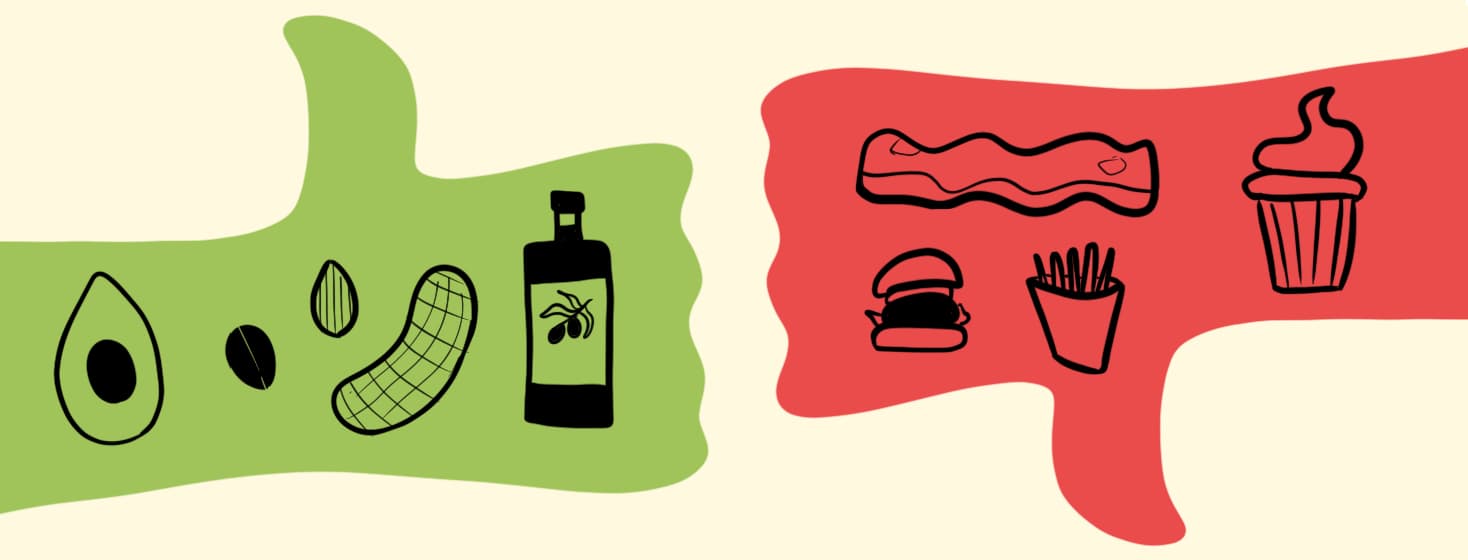Does Dietary Cholesterol Affect Blood Cholesterol Levels?
Within the medical cardiac and natural health communities, there has been a long-standing debate whether consuming foods rich in fat can increase the risk of coronary artery disease. The greatest debate is regarding the consumption of foods high in cholesterol.
Promoters of paleo diets, which is a diet that involves heavy consumption of unprocessed meat and fats, claim that this is a myth, and only applies to processed foods. On the other hand, the medical community is known to promote low-fat diets and advises purchasing white meat and low-fat options. So, which is it - does consuming food rich in fat increase the risk of heart attacks?
The type of fat is important
While the medical community has historically villainized most fatty foods, recent studies have shown that the type of fat consumed is important. For example, the fat you consume from a donut is very different than the fat consumed from an avocado. As a result of this, in 2015, the United States Dietary Guidelines Advisory Committee (DGAC) removed the upper limit recommendation on the percent of calories that should come from fat. However, some organizations continue to promote low-fat diets.1
What the evidence shows
Interestingly, the evidence is clear that people with a high intake of dietary fat do not always have a higher risk of heart disease.1 Several studies have not shown a direct correlation between the consumed amount of fat and the rates of heart attack and death. What the studies have reinforced, however, is the type, or quality of fat, is the most important factor.1
Trans fatty acids
The evidence is conclusive that foods high in trans fatty acids, which are primarily in processed food, raise the bad cholesterol and reduce the good cholesterol in the blood. Examples of foods high in trans fatty acids include fried food, microwavable popcorn, shortening, and some baked goods.1
Cholesterol
The evidence shows that eating a diet rich in cholesterol, such as eggs, can raise total blood cholesterol. However, the studies do not show a correlation between eating high cholesterol foods, such as eggs, and the rates of heart disease. Because of these findings, DGAC report also removed the previous recommendation to limit dietary cholesterol to a maximum of 300 mg per day in 2015.1
Take home message
Overall, most people can make do with incorporating healthy food options into their diet. We can all agree that eating processed foods high in sugar and fat is not ideal, and that should be the focus of most people’s diet approach. The 2020 DGAG recommendations include the following:1
- Omitting fat completely from the diet in favor of increasing carb intake is not recommended.
- In general, aim to reduce saturated fat consumption to no more than 10% of total daily calories, which is fat generally found in animal products. It does not mean eliminating the fat completely but instead opting for more plant-based sources of fat.
- Eliminate or reduce trans fatty acid consumption from processed foods as much as possible.
Working with a dietician can provide you with more personalized recommendations and may be suitable for some people.
Are you conscious of the fat content of your food? Share your experiences below!

Join the conversation